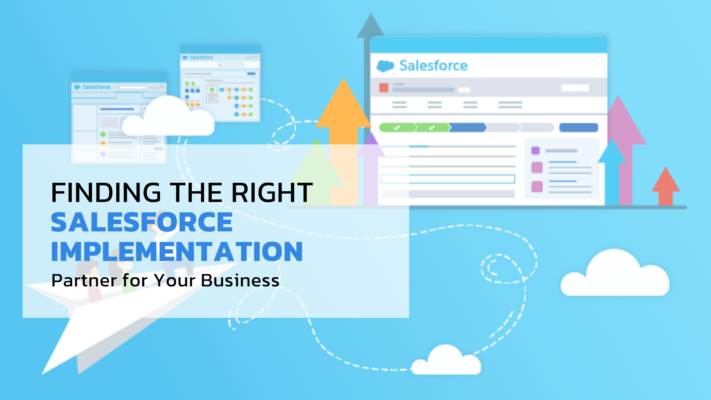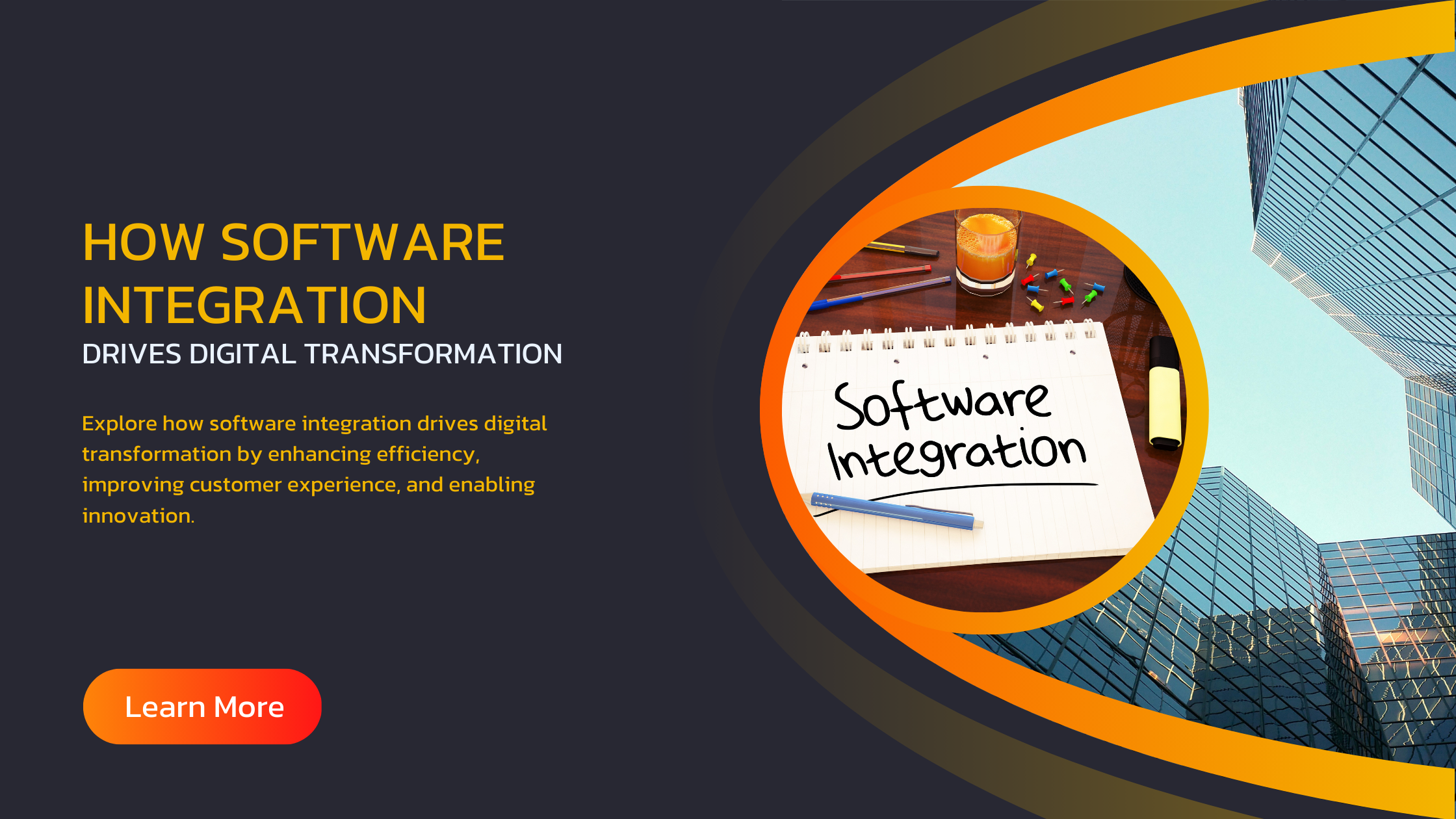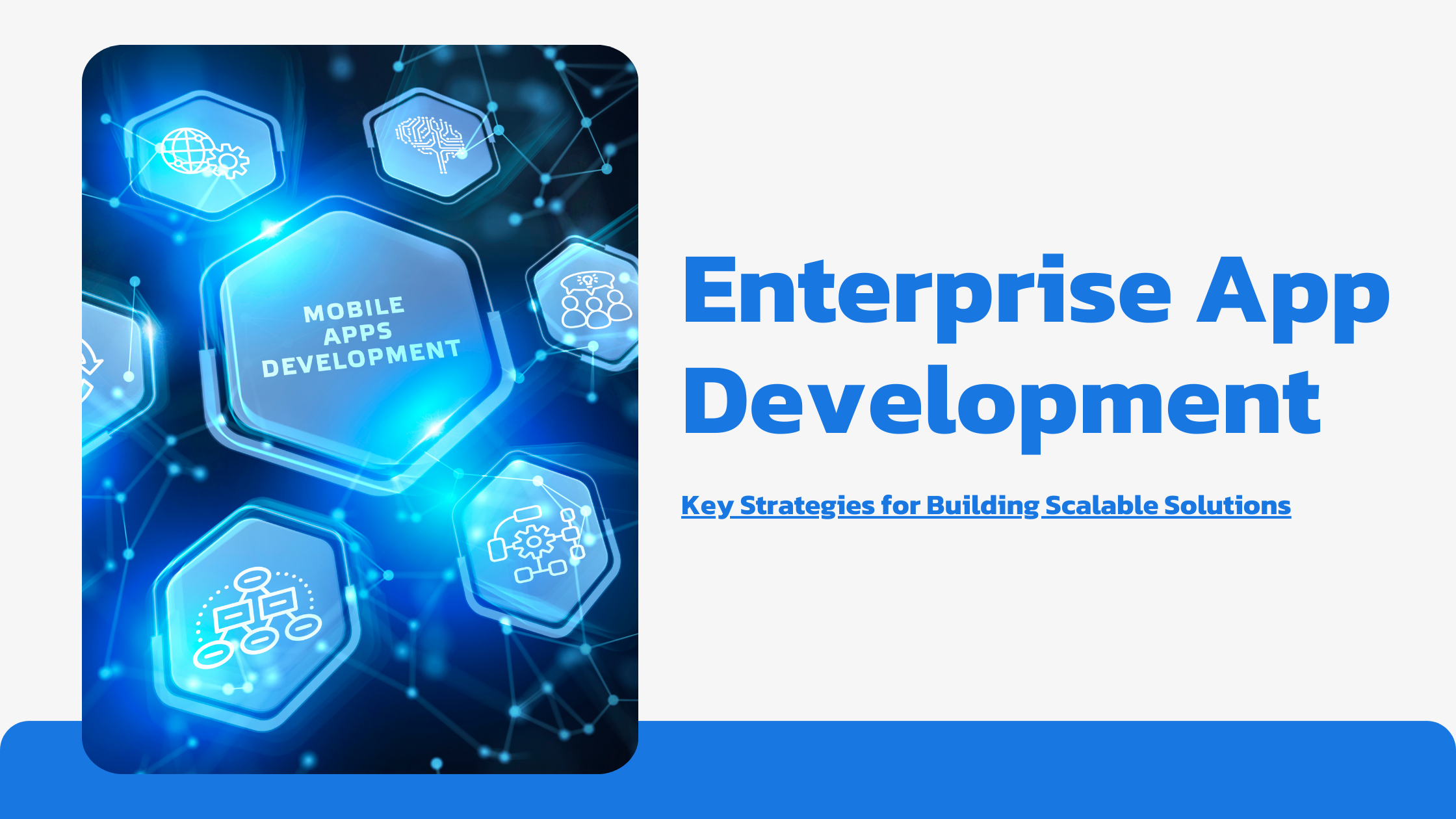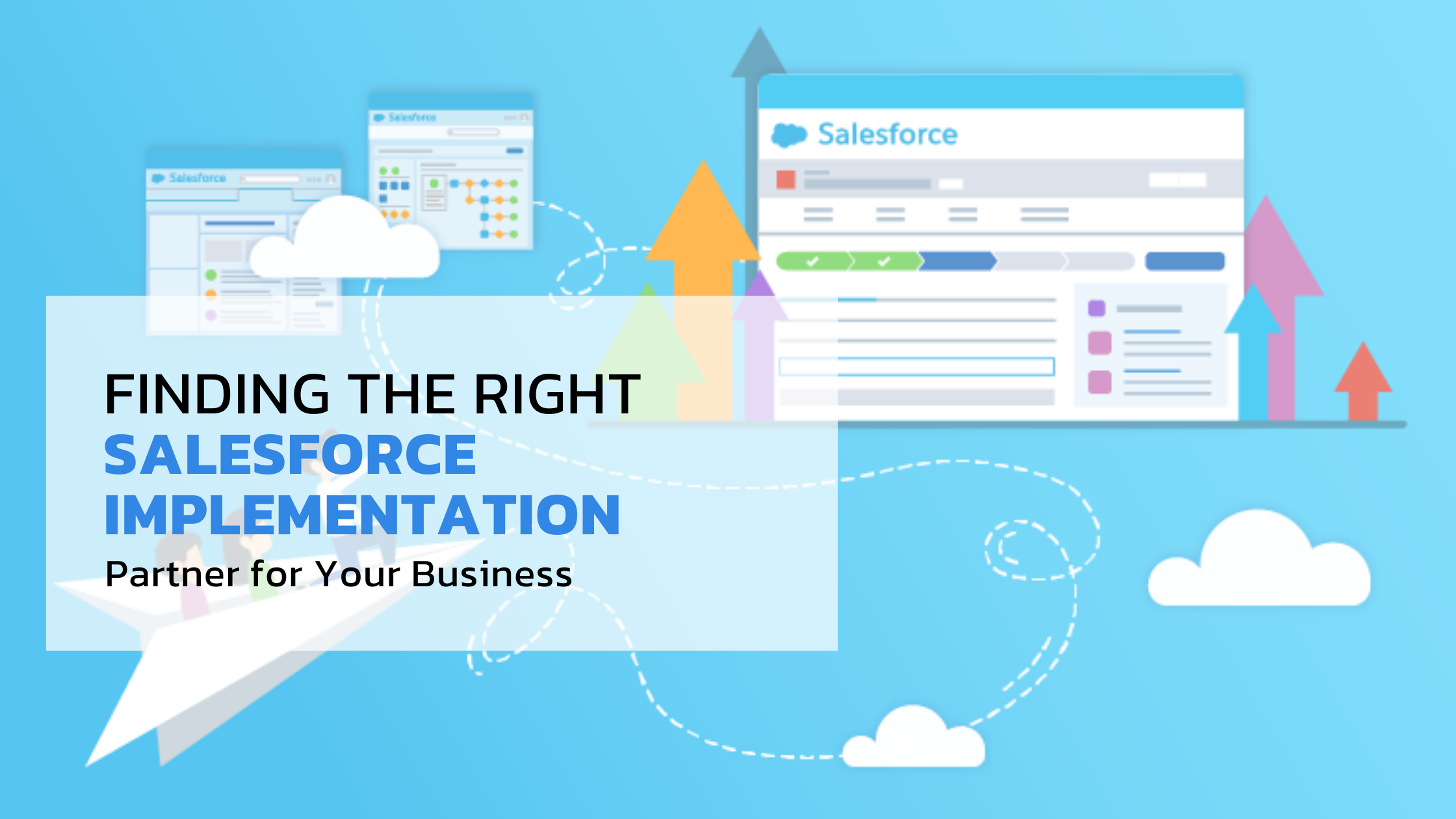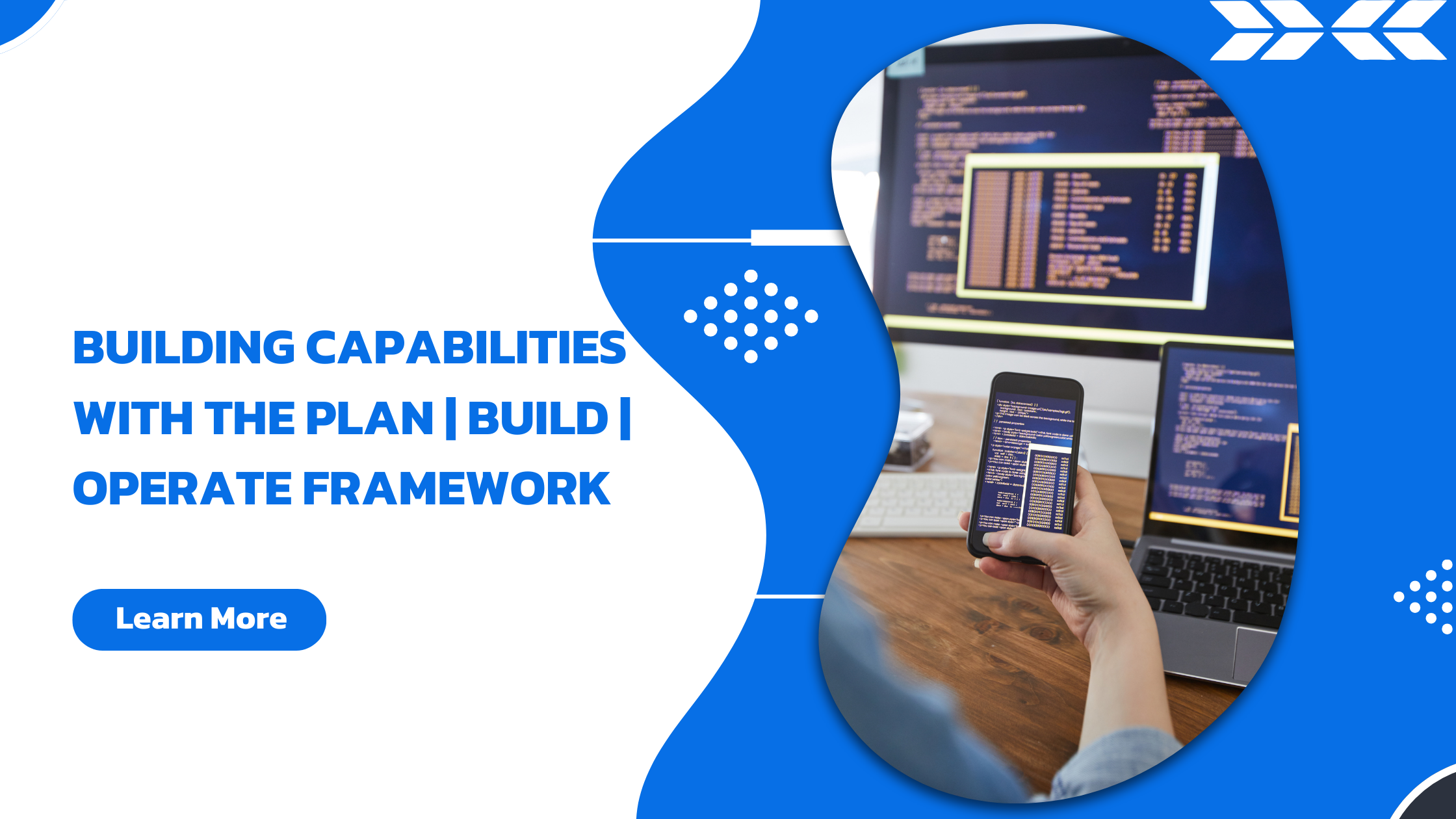
- May 1 2024
- admin
Data-driven decision making is a strategic approach that relies on the analysis of factual data to inform business decisions, rather than relying solely on intuition, anecdotal evidence, or assumptions. This methodology involves collecting and analyzing relevant data from various sources, extracting meaningful insights, and using those insights to guide decision-making processes across different areas of an organization.
In essence, data-driven decision making is about leveraging the power of data to make informed, objective, and evidence-based decisions that drive business growth, optimize operations, and enhance customer experiences.
The Importance of Data-Driven Decision Making
Data-driven decision making is crucial for several reasons:
1. Increased Efficiency: By leveraging data, organizations can identify areas for improvement, streamline processes, and allocate resources more effectively, leading to increased operational efficiency and cost savings.
2. Better Risk Management: Comprehensive data analysis allows organizations to anticipate and mitigate potential risks, enabling them to make informed decisions and navigate uncertain conditions with greater confidence.
3. Enhanced Customer Experience: Data-driven insights into customer behavior, preferences, and feedback can help organizations tailor their products, services, and marketing strategies to meet customer needs more effectively.
4. Competitive Advantage: Organizations that embrace data-driven decision making gain a deeper understanding of market trends, competitor strategies, and emerging opportunities, positioning themselves for sustained success in their respective industries.
The Data-Driven Decision Making Process
Implementing a data-driven approach to decision making involves a structured process that includes the following steps:
1. Define the Problem or Objective
The first step in data-driven decision making is to clearly define the problem or objective you aim to address. This ensures that the data collection and analysis efforts are focused and aligned with your organizational goals.
2. Collect Relevant Data
Once the problem or objective is defined, the next step is to gather relevant data from various sources, both internal and external. This may include transactional data, customer data, market data, and other pertinent information.
3. Data Preprocessing and Quality Assurance
Before analyzing the data, it is crucial to preprocess and ensure its quality. This involves cleaning the data, handling missing values, removing duplicates, and addressing any inconsistencies or errors.
4. Data Analysis and Exploration
With clean and preprocessed data, organizations can leverage various analytical techniques and tools to uncover insights and patterns. This may involve descriptive statistics, data visualization, predictive modeling, and other advanced analytical methods.
5. Interpret and Communicate Findings
After analyzing the data, it is essential to interpret the findings and communicate them effectively to stakeholders and decision-makers. This involves presenting the insights in a clear and compelling manner, often through reports, dashboards, or data storytelling techniques.
6. Make Data-Driven Decisions
Armed with data-driven insights, organizations can make informed decisions that are grounded in factual evidence rather than relying solely on intuition or assumptions.
7. Monitor and Iterate
Data-driven decision making is an iterative process. Organizations should continuously monitor the outcomes of their decisions, collect feedback, and refine their approach as new data becomes available or circumstances change.
Key Enablers for Data-Driven Decision Making
To successfully implement a data-driven decision making culture, organizations must establish the following enablers:
1. Data Infrastructure and Management
Robust data infrastructure and effective data management practices are essential for capturing, storing, and accessing high-quality data. This may involve implementing data warehousing solutions, data lakes, and data governance frameworks.
2. Data Analytics Capabilities
Organizations need to invest in data analytics capabilities, including tools, technologies, and skilled personnel. This may involve adopting business intelligence (BI) platforms, advanced analytics software, and training or hiring data analysts, data scientists, and other data professionals.
3. Data Literacy and Culture
Fostering a data-driven culture requires promoting data literacy across the organization. Employees at all levels should understand the value of data and be equipped with the necessary skills to interpret and leverage data effectively.
4. Organizational Alignment and Collaboration
Data-driven decision making requires cross-functional collaboration and alignment. Different departments and teams should work together to define objectives, share data and insights, and collectively contribute to informed decision-making processes.
5. Executive Support and Leadership
Strong executive support and leadership are crucial for driving the adoption of data-driven decision making. Leaders should champion the use of data, allocate necessary resources, and cultivate an environment that encourages data-driven decision making.
Challenges and Considerations
While data-driven decision making offers numerous benefits, organizations may face several challenges and considerations:
1. Data Quality and Accuracy
Ensuring the quality and accuracy of data is paramount. Inaccurate, incomplete, or biased data can lead to flawed decisions and negative outcomes.
2. Data Privacy and Security
Organizations must prioritize data privacy and security, particularly when dealing with sensitive or personally identifiable information. Compliance with relevant regulations and best practices for data protection is essential.
3. Overreliance on Data
While data is invaluable, it is important to strike a balance between data-driven insights and human judgment. Over-reliance on data without considering contextual factors or qualitative insights can lead to suboptimal decisions.
4. Change Management
Transitioning to a data-driven decision making culture may require significant organizational change. Effective change management strategies, training, and communication are necessary to overcome resistance and ensure successful adoption.
5. Ethical Considerations
As data becomes more prevalent in decision-making processes, it is crucial to address ethical considerations, such as data bias, algorithmic fairness, and the responsible use of data.
Why Data-Driven Decision Making is Helping Businesses Thrive
Businesses of all sizes and across various industries are embracing data-driven decision making for several compelling reasons:
1. Increased Efficiency and Cost Savings: By analyzing operational data, organizations can identify inefficiencies, streamline processes, and optimize resource allocation, leading to significant cost savings and improved operational efficiency.
2. Better Risk Management: Comprehensive data analysis allows organizations to anticipate and mitigate potential risks, enabling them to make informed decisions and navigate uncertain conditions with greater confidence.
3. Enhanced Customer Experience: Data-driven insights into customer behavior, preferences, and feedback can help organizations tailor their products, services, and marketing strategies to meet customer needs more effectively, resulting in improved customer satisfaction and loyalty.
4. Competitive Advantage: Organizations that embrace data-driven decision making gain a deeper understanding of market trends, competitor strategies, and emerging opportunities, positioning themselves for sustained success in their respective industries.
5. Improved Decision-Making Quality: By relying on factual data and rigorous analysis, organizations can make more informed and objective decisions, reducing the risk of biases and suboptimal outcomes associated with decisions based solely on intuition or anecdotal evidence.
Use Cases: How Organizations are Leveraging Data-Driven Decision Making
Organizations across various industries are leveraging the power of data-driven decision making to drive growth, optimize operations, and enhance customer experiences. Here are some compelling use cases:
1. Retail and E-commerce:
- Analyzing customer data, sales data, and market trends to optimize product assortments, pricing strategies, and supply chain operations.
- Using predictive analytics to forecast demand and plan inventory levels accordingly, reducing overstocking and stockouts.
- Leveraging customer behavior data to personalize marketing campaigns and product recommendations, enhancing customer engagement and driving sales.
2. Healthcare:
- Utilizing data from electronic health records, clinical trials, and patient monitoring devices to improve diagnosis, treatment plans, and patient outcomes.
- Analyzing population health data to identify risk factors, design preventive care programs, and allocate resources more effectively.
- Using data-driven decision support systems to assist healthcare professionals in making informed treatment decisions based on the latest medical evidence and patient-specific data.
3. Finance and Banking:
- Analyzing customer data, transaction data, and market data to assess risk, detect fraud, and develop personalized financial products and services.
- Using predictive models to identify creditworthy customers, minimize loan defaults, and optimize lending strategies.
- Leveraging data-driven insights to comply with regulatory requirements, manage risk exposure, and ensure financial stability.
4. Transportation and Logistics:
- Utilizing data from GPS tracking, fleet management systems, and customer demand patterns to optimize route planning, resource allocation, and delivery schedules.
- Analyzing real-time traffic data and weather conditions to adjust routes and minimize delays, improving operational efficiency and customer satisfaction.
- Using predictive maintenance data to schedule preventive maintenance and reduce equipment downtime, minimizing disruptions and maximizing asset utilization.
5. Manufacturing:
- Leveraging data from production lines, quality control processes, and supply chain operations to improve product quality, reduce waste, and increase operational efficiency.
- Analyzing machine data and sensor readings to predict equipment failures and schedule predictive maintenance, minimizing unplanned downtime and production disruptions.
- Using data-driven simulations and scenario planning to optimize production processes, testing new product designs, and minimizing risks associated with changes.
These use cases demonstrate the versatility and impact of data-driven decision making across various industries, highlighting how organizations can leverage data to drive growth, optimize operations, and enhance customer experiences.
Conclusion
In the era of big data, data-driven decision making has become a critical component of successful business strategies. By leveraging the power of data, organizations can gain a competitive advantage, optimize operations, and deliver exceptional customer experiences. However, effective data-driven decision making requires a comprehensive approach that encompasses data infrastructure, analytical capabilities, data literacy, and organizational alignment.
As you embark on your data-driven decision making journey, it is essential to partner with trusted experts who can guide you through the process. Upcore Technologies, a leading provider of data and analytics solutions, offers a range of services and expertise to help organizations unlock the full potential of their data. With a team of experienced data professionals and cutting-edge technologies, Upcore Technologies can assist you in building robust data infrastructure, implementing advanced analytics tools, and fostering a data-driven culture within your organization.
By embracing data-driven decision making and leveraging the power of data, organizations can drive innovation, mitigate risks, and achieve sustainable growth in an increasingly competitive and data-driven world.


